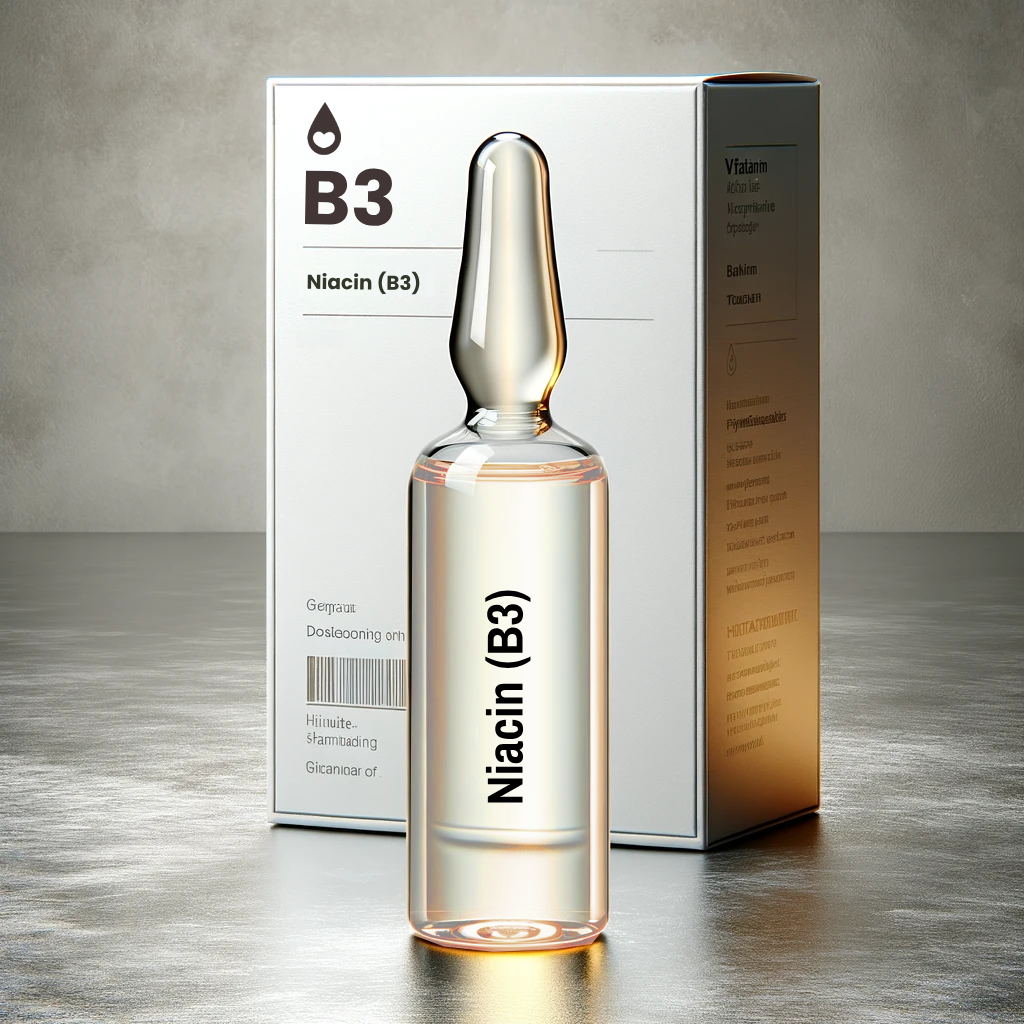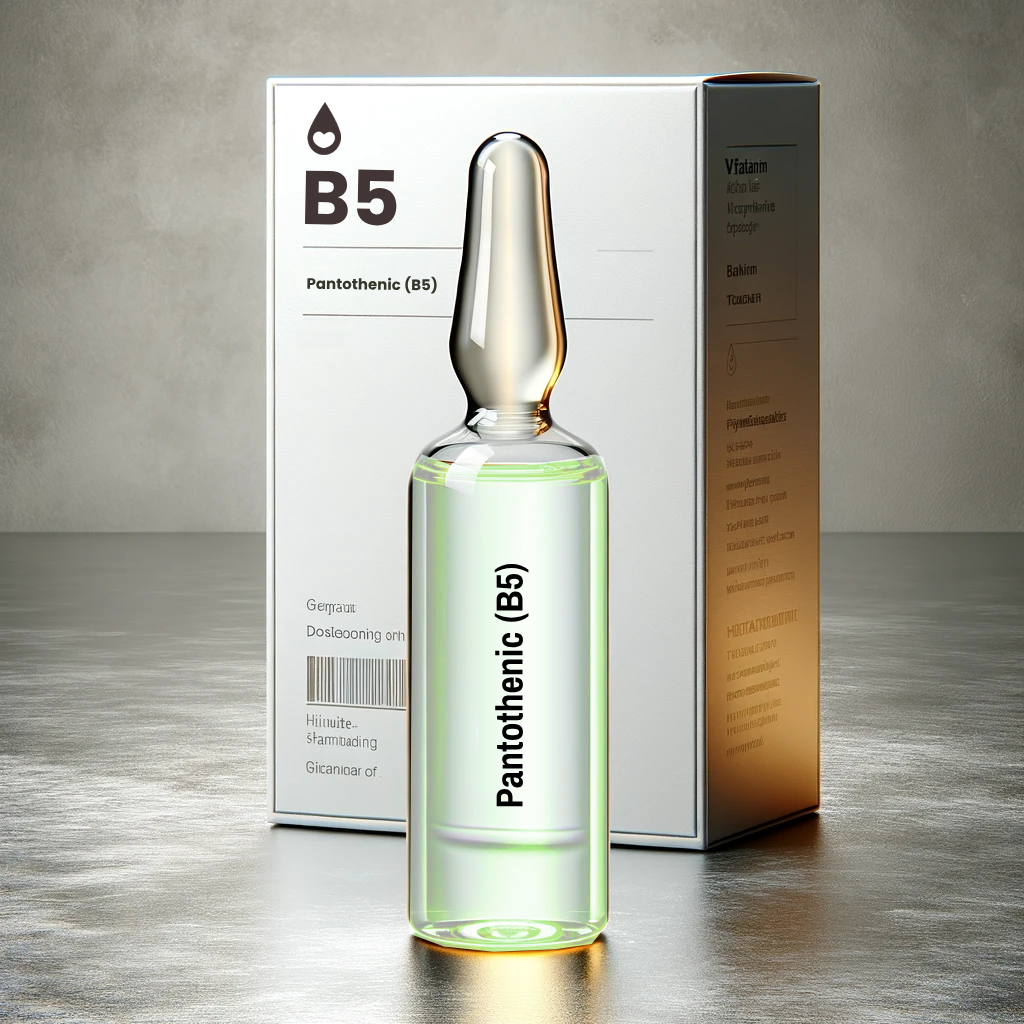Thiamine Injection Kit
£25.00
Thiamine Injectable Kit
- Item: 4ml Ampoule
- Dosage: ?Per 4ml
- Brand: Generic
Thiamine Kit Contents:
- Ampoule
- Needles
- Syringes
- Swabs
Buy Thiamine Injection Ampoules Online UK – Injectable Vitamin B1
Thiamine (Vitamin B1) injectable ampoules available from VitaminInjection.co.uk. Thiamine is an essential B-vitamin that plays a crucial role in energy metabolism, nervous system function, and cardiovascular health**. It is commonly used to treat Thiamine deficiency, support brain function, and enhance overall well-being.
This injectable Thiamine formula ensures fast and effective absorption, making it ideal for individuals with B1 deficiency, chronic fatigue, or neurological concerns. If you're looking to buy Thiamine injections online in the UK, our high-quality ampoules offer a reliable and effective solution.
Dosage & Administration
- Recommended Dosage: 1ml per injection, as advised by a healthcare professional
- Administration: Intramuscular (IM) or slow Intravenous (IV) injection
- Strength: Varies based on formulation (check label for exact mg per ml)
- Frequency: Typically once or twice a week, or as directed by a healthcare professional
Ingredients
- Thiamine (Vitamin B1) per ml – Pharmaceutical-grade formulation
Storage & Precautions
- Store in a cool, dry place below 25°C
- Keep out of reach of children
- For professional use only
- Consult a healthcare provider before use, especially for individuals with liver or neurological conditions
Why Choose Our Injectable Thiamine?
- Pharmaceutical-grade Thiamine for maximum absorption and effectiveness
- Supports nervous system health, brain function, and cardiovascular health
- Helps prevent Thiamine deficiency and boost energy metabolism
- Trusted by professionals and used in clinics across the UK












